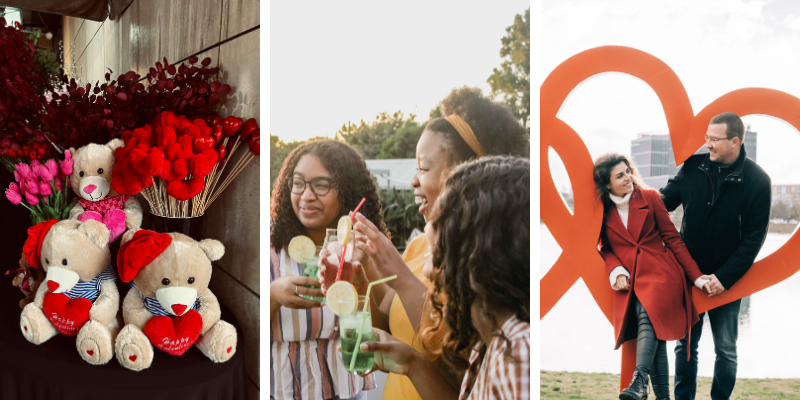Getting local media coverage for your event can significantly increase your visibility and, ultimately, your ticket sales. But these days, there are literally thousands of media outlets, from traditional mediums like newspapers and magazines to online directories, podcasts, streaming video, and even social media influencers. Where do you even start?
It doesn’t have to be complicated. Follow these 11 simple steps to attract the attention of local media outlets and gain the coverage you need for your next event:

1. Create a Press Release
Write a concise and compelling press release about your event. Include all the necessary details such as the event date, time, location, purpose, special guests, and any other relevant information. Make sure your press release is well-written, error-free, and newsworthy.
2. Identify Relevant Media Outlets
Research local newspapers, magazines, TV stations, radio stations, and online publications that cover events similar to yours. Make a list of contact information for reporters, editors, and producers who might be interested in covering your event.
3. Personalize Your Pitch
Writing a compelling media pitch is a lot like writing a sponsorship letter; you need to know your audience. Do some research on each media target (not just the publication but the actual journalist you are contacting) before reaching out.
Craft personalized pitches for each media outlet, highlighting why your event would be of interest to their audience. Tailor your pitch to each outlet's specific interests, demographics, and editorial style.

4. Reach Out to Journalists
Contact journalists via email, phone, or social media to introduce them to your event and offer to provide additional information or arrange interviews. Be polite, concise, and respectful of their time.
A lot of first-time event organizers make the mistake of expecting free coverage from journalists without offering anything in return. Rather than treating this like a transaction, where you offer free tickets in exchange for news coverage, work to build a relationship with the media professionals you hope to reach. Asking them to lunch right off the bat might be too forward (they are busy after all). But small gestures that make their job easier, such as providing a news release with photos up front, and following up with a genuine thank you, can go a long way for journalists whose work often goes unappreciated.
5. Offer Exclusive Content
Provide journalists with exclusive content, such as behind-the-scenes access, interviews with key speakers or performers, or sneak peeks of the event. Exclusive content can incentivize journalists to cover your event and differentiate their coverage from competitors.
6. Provide Visual Assets
Include high-quality photos, videos, or graphics that journalists can use to enhance their coverage of your event. Visual assets can make your pitch more engaging and increase the likelihood of media coverage.

7. Invite Media to Attend
This might seem obvious, but local media pros won’t attend your event if you don’t ask.
Extend personal invitations to journalists to attend your event as VIP guests or press representatives. Offer complimentary tickets, access to exclusive areas, or opportunities for one-on-one interviews with organizers or participants.
8. Follow Up
Follow up with journalists a few days after sending your initial pitch to ensure they received your information and to answer any questions they may have. Be persistent but polite, and respect their deadlines and editorial schedules.
9. Use the “Promote Your Event” Feature on Passage
Getting your event listed in local media directories can be a tedious process. Each site has its own technical requirements for things like word count, image type, and formatting.
So, we created a feature that saves you hours of time and headaches. Within your admin dashboard, you can submit your event information once, and send it to dozens of local media directories. We’ll take care of all the formatting and boring stuff.
10. Utilize Social Media
Promote your event on social media platforms like Twitter, Facebook, and Instagram. Tag local media outlets and journalists in your posts, and encourage attendees to share their experiences using event hashtags. Follow social media best practices to save yourself time, and know which common mistakes to avoid.
11. Consider Paid Advertising
If you have the budget, consider investing in paid advertising with local media outlets to further promote your event. Options may include sponsored articles, radio spots, or digital display ads.
Final Thoughts
Local media coverage plays a crucial role in promoting events, building connections, engaging communities, and enhancing your overall success and impact. By following these steps and effectively engaging with local media outlets, you can increase the chances of securing coverage for your event and reaching a broader audience.











